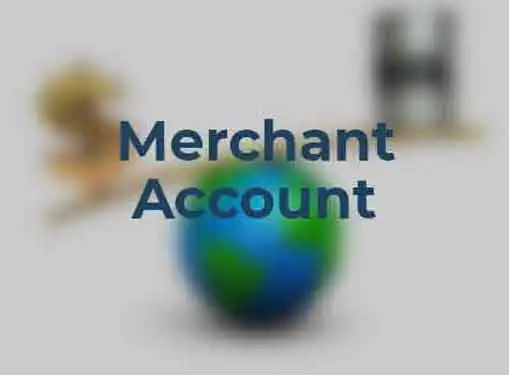Small Business Credit Cards
Merchant Account Solutions for Online Businesses
Written by Chris Martin for Gaebler Ventures
All online businesses must obtain a merchant services account in order to process credit card payments. There are numerous merchant services providers out there that can help with this. Here are some suggestions on what to look for before engaging their services.
Countless online businesses are set up every year.

These entrepreneurs are often skilled in designing and assembling websites, online marketing, and search engine optimization. But these entrepreneurs may not have any idea how to accept payment for the products or services they are offering on their web portals.
All online businesses must obtain a merchant services account in order to process credit card payments. There are numerous merchant services providers out there that can help with this. Here are some suggestions on what to look for before engaging their services.
Accepted Cards
Entrepreneurs must figure out precisely which credit cards they will honor. Here's one key statistic to keep in mind: about 5 out of every 6 credit card transactions are conducted using either a Visa or MasterCard. So entrepreneurs who are looking to save money should probably not sign up for a merchant account that doesn't accept these two cards.
Additionally, about 13% of all transactions involve American Express cards, while Discover only manages about a 4% market share. The business conducted by all other cards represents less than 1% of the number of total credit card transactions.
Fee Structure
Arguably the most important part of the merchant services account is the fee structure associated with the agreement. Almost all arrangements utilize a discount rate, which is the portion of each transaction that will go to the merchant services provider. In addition, many accounts assess transaction fees, which are flat-rate charges that the business owner incurs every time a credit card payment is accepted.
If a business conducts a large volume of transactions, then an entrepreneur would be best served by choosing a merchant account with lower transaction fees. But if an entrepreneur processes a small number of high-dollar transactions, then an account with a lower discount rate would likely be more suitable.
Surcharges
Like savings, checking, or brokerage accounts, merchant accounts often levy surcharges on account owners for various reasons. The most common surcharge is the interchange fee, which the entrepreneur pays for the benefit of using the communications network that connects his or her business with the banks, processor, and all other entities involved in authenticating and accepting credit card payments.
Other surcharges imposed by a merchant services provider may be labeled as setup, application, or cancellation fees. Some accounts call for monthly minimum revenue amounts to be met; if they are not, the account holder is assessed a surcharge.
Chargebacks
Every online business owner should keep a very close eye on his or her chargeback rate. A chargeback takes place when a customer challenges or disputes a charge that appears on a credit card statement. Even if the customer's dispute is erroneous, the merchant account holder is still penalized for a chargeback.
Merchant service providers impose steep fees on each chargeback that occurs on an account. And if the ratio of chargebacks to transactions becomes too high, the entrepreneur may see the account's discount rate increase. That means that the business has to surrender a higher percentage of credit card revenue to the merchant services provider.
There are a few strategies to reduce the number of chargebacks that crop up. First, entrepreneurs must make sure that the name of their Internet business is what actually appears on your customers' credit card statements (as opposed to a corporate name or a partner company's name). This increases the odds that the buyer will remember a given transaction when he or she views a credit card statement. Also, if a customer contacts the business with a problem, entrepreneurs should do all they can to resolve the issue before the charge appears on a statement, where it can be disputed.
The lifeblood of any business is revenue, and online businesses are no different. Since cash and checks cannot be processed in cyberspace, Internet entrepreneurs must be able to efficiently process credit card payments as inexpensively as possible. Otherwise, snazzy websites, strategic marketing plans, and attractive products or services may not be enough to save an online business which cannot effectively turn that expertise into revenue.
Chris Martin has been a professional writer for the last seven years. He is interested in franchises and equity acquisition.
Share this article
Additional Resources for Entrepreneurs


Conversation Board
We greatly appreciate any advice you can provide on this topic. Please contribute your insights on this topic so others can benefit.